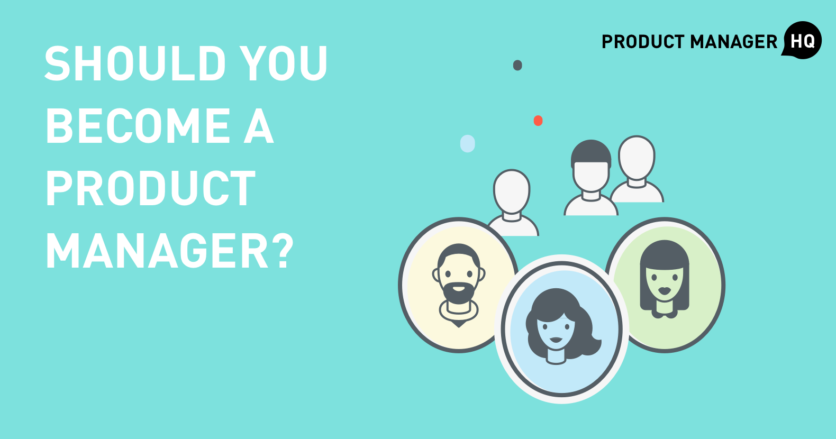There are few professional fields I’ve come across as diverse as the product management field. In all my conversations with other PMs, I haven’t experienced one instance where the roles discussed were exactly the same. While this is great news for aspiring PMs because there’s something for everyone, it can also become a major source of headaches when deciding where to work.
In this post I want to highlight some key ways the PM role varies across companies by summarizing and commenting on several great points found in the Cracking the PM Interview. It’s my hope that this post will at least help people to start thinking about the sort of companies they’d want to work at based on their skills and personal preferences.






